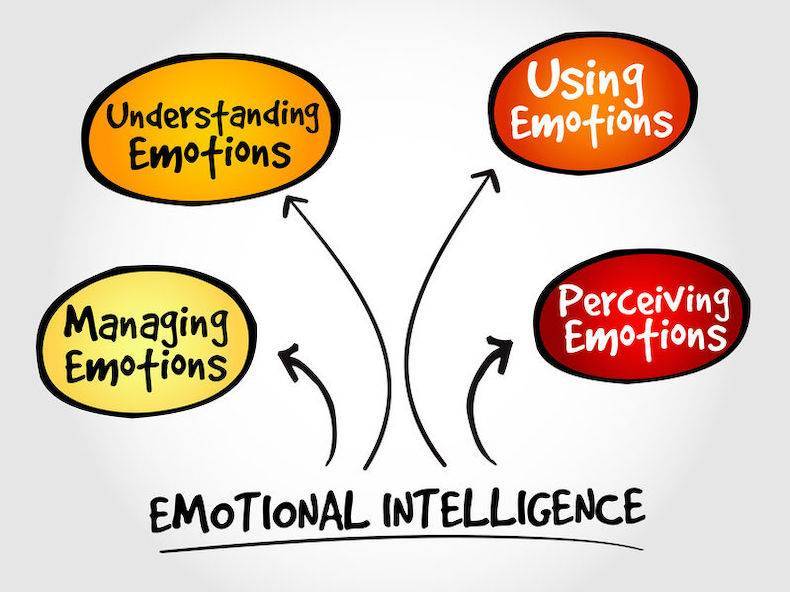
Dr. A is a pediatric oncologist and chief medical officer at his local hospital. Patient reviews uniformly describe him as kind, attentive, and caring. He is a sought-after consultant and supervisor, noted not only for his medical expertise but in addition for his sensitivity to the worries and fears that typically accompany childhood cancer. He has also been diagnosed with Autism Spectrum Disorder.
How can this be? How can someone so attentive to other people’s feelings be among those who are typically emotionally detached and have such trouble perceiving and expressing emotion?
Several things are clear about adults with Autism Spectrum Disorder (ASD). One, some people with ASD have difficulty perceiving emotions and responding to them while others with ASD respond normally. Trouble processing emotions is not universal among adults with ASD.
Second, difficulty with emotional processing is not specific to ASD. People with other psychological conditions have trouble understanding and responding to emotions, whether it is within themselves or in others. It’s also true that many people who don’t meet the criteria for a psychological disorder, who are normal as we typically think of it, have the same trouble.
Third, the adults with ASD who find it hard to recognize emotional reactions and express them have a specific pattern of processing emotions. They find it difficult to understand emotions expressed directly by other people, as opposed to emotional information that is non-social, for example emotional aspects of music or written words.
In addition, they have a hard time grasping emotional information that is complex, for example a state of vague, non-specific frustration (imagine someone acting frustrated but not describing why or what that frustration is tied to), rather than clearly stated and specific emotional information (such as, “I’m frustrated with you because the last three nights I asked you to do the dishes and you haven’t done them”).
Lastly, when someone on the spectrum notices an emotional reaction, either from within themselves or from someone else, unless that person has a well-defined, detailed, clearly understood strategy to process their reaction, it’s likely that he or she will respond inappropriately. This is because, generally speaking, the intuitive, ingrained strategies to process emotions that help neurotypical people react automatically and appropriately to emotional experiences are less developed and accurate in those with ASD.
So, what about Mr. A? How is it possible for him to have ASD yet be so emotionally attuned to others. The answer is, through years of watching colleagues helping patients and families in distress and then practicing what he has observed, he has developed a set of thought-out, conscious, practiced responses that mimic what he has come to understand and recognize as effective strategies to react to the emotionally demanding parts of his work.
Developing these explicit, practiced strategies are how people on the spectrum are able to be emotionally “attuned” in spite of lacking the natural ability to do so. They imitate, in effect, what they want to do but don’t know how to do intuitively.




